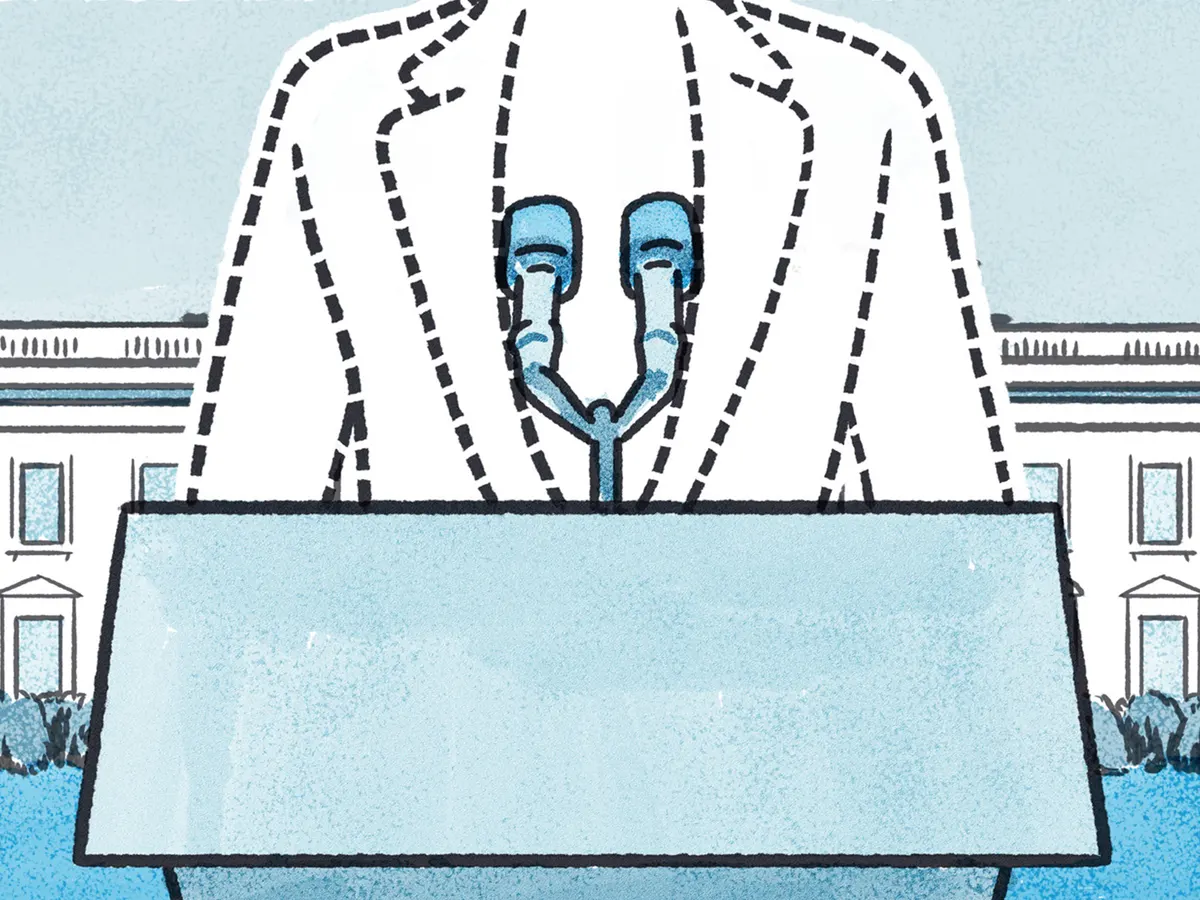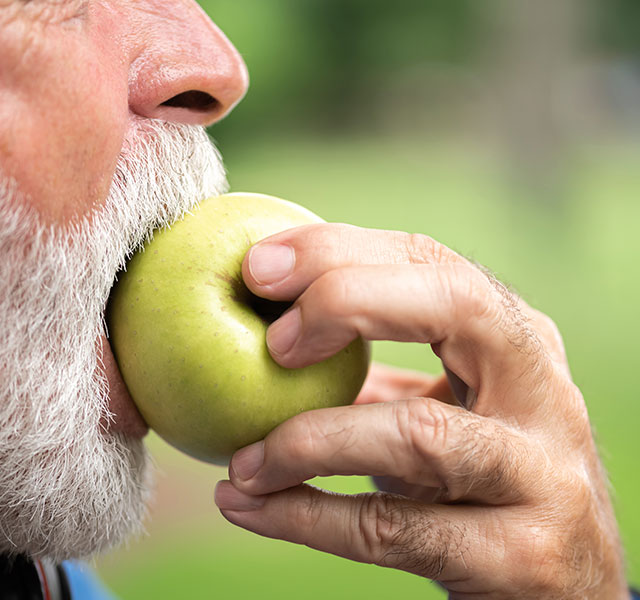Wondering how to respond when people equate a political candidate’s age with their fitness for office? You’ll find plenty of answers in “Biden is now America’s first octogenarian president,” which appeared in Salon. The writer reached out to experts like physician Louise Aronson, MD, and demographer Jay Olshansky, PhD, who warned against ageism.
I called out ableism: “It’s appalling to mock Biden for a stutter he has worked to overcome his entire life. And it’s disgusting to make fun of him for falling off a bike. It’s commendable that he rides a bike and stays physically fit.”
Ageism and ableism rear their ugly heads every electoral cycle. The lead-up to the 2022 midterm elections featured an outbreak of major media stories that blamed “gerontocracy” for our broken democratic system. “Umpteenth” in the title of this post refers to “Here we go again with ‘too old to be president,’” written when “old guy” Bernie Sanders was on the campaign trail. I said it then, I said it to Salon and I’ll say it again: Generalizations about the capacities of older people are no more acceptable than racial or gender stereotypes. Period.
The country’s first octogenarian president is considering running against someone only slightly younger. It’s bringing the haters out. To challenge their ageism and ableism, we need expert evidence. I’m grateful to the Salon article for marshaling so much of it.… “Does age matter?” from the International Council on Active Aging is another good resource. So is this blog.
No matter what candidate is under scrutiny, the issue is a political system that prioritizes corporate interests—not the age of the wealthy men who benefit most. The issue is a culture that stigmatizes disability (see this post about Senator Diane Feinstein)—not the age at which we encounter it. The issue is capacity—not age.



